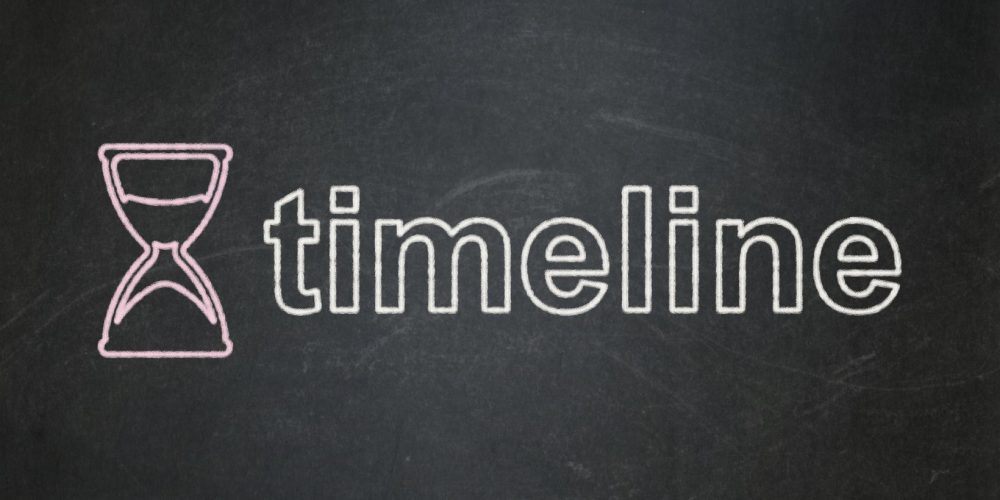Improvement often slows or hits a plateau after the first three months of recovery. However, it’s important to remember that progress can continue for years with consistent rehabilitation.
Setting unrealistic objectives can cause irritation and disappointment, but realistic goals can inspire sustainable progress. Goals should be specific, measurable, attainable, relevant, and time-limited to keep you motivated and on track.
Goal Setting
For stroke survivors, goal setting is a crucial way to provide structure and motivation on their recovery journey. However, it’s vital that these goals are realistic and that they reflect the reality of the person’s current condition. For example, a survivor with a moderate stroke may set the goal to walk again. In contrast, someone who suffered from a severe stroke might aim for regained swallowing ability in which they have a different stroke recovery timeline. It can be overwhelming or discouraging if these goals don’t match the patient’s capabilities.
Stroke survivors should also consider the resources they need to accomplish their goals. For example, if they want to improve their coordination, they can research home exercise programs and speech therapy apps to help them. This research will help them feel confident that their goals are attainable and realistic. In addition, setting specific purposes with a time frame can create a sense of urgency that can motivate them to achieve their desired outcomes.
Recovery Process
While it may seem like the recovery process for stroke survivors looks different for everyone, there are certain milestones you can look out for. Encouragement and celebration of progress, no matter how small, can help keep you motivated throughout your journey.

When someone is experiencing symptoms of a stroke, it’s important to call emergency services immediately so that treatment can begin immediately. This is because the sooner you receive treatment, the more likely you can regain your lost movement and brain function.
During the hospital stay, doctors will try to stabilize the patient and determine what type of stroke they had. If a blood clot causes the stroke, the doctor may be able to administer clot-busting medications that will decrease the long-term effects of the stroke. In addition, they will often provide rehabilitation to help patients regain their lost movement. In the first three months after a stroke, it is common for people to see notable improvements as their brains are still in a state of heightened neuroplasticity. This is known as spontaneous recovery.
Creating a Support Network
Realistic goals are founded on comprehensively comprehending your current advantages and constraints, such as existing skill sets, available time, and potential outside influences. They are also specific, have a clear timeline or deadline, and provide measurable growth that can be assessed.
Setting realistic goals within reach will inspire you into action, whereas unrealistic goals lead to frustration, procrastination, and unsustainable progress. Unreasonable ambitions can also cause irritation and disappointment, hurting your motivation and well-being.

When setting goals, it’s crucial to have a support system to keep you accountable and help you stay on track. A support network can include your family, friends, and therapy team, which can provide additional perspectives and advice about the goals you are trying to achieve. Your support network can also help you break through a plateau by motivating you and providing new challenges. They can also offer new ideas for improving your goal, like taking it further or adding more variety.
Staying Accountable
Setting realistic goals is a crucial step in recovery after a stroke. Achieving these goals helps keep motivation high and encourages further progress. However, it can take time to figure out where to start. Identifying what matters most to you and your loved ones is essential. This can be overwhelming, especially when deciding on long-term goals. Breaking down these goals into smaller, more manageable chunks can help.
For example, consider what specific skills you want to work on to improve communication. It could be being able to introduce yourself at a support group meeting or working on your confidence when communicating with strangers.
Once you have your SMART goals, research resources to help you reach them. You might find a speech therapy app to help you regain your ability to communicate or a physical rehabilitation program that enables you to strengthen your muscles. The more you work towards your goals, the more attainable they will become.






